Once called the Land of Immortals, the islands at the southern end of Japan have historically been home to some of the oldest people on Earth. With its beautiful landscape and richness of culture, Okinawans experience fewer cases of cancer, heart disease, and dementia, and women there live longer than any women on the planet.
Why do they live so long?
It’s simple: their lifestyle is slower and more meaningful.
They don’t achieve longevity by going on a diet or doing extreme exercise. Rather, they enjoy living by serving their purpose and expressing their gratitude for what they have in life. Their environment exudes health because everything they do is to serve their greater purpose.
In his Blue Zones study, explorer and researcher Dan Buettner looks into areas of the world in which people live exceptionally long lives. He says Okinawa calls it ikigai, or “reason for being”. Costa Ricans refer to it as plan de vida. As English folk, we call it our “life’s purpose”.
Buettner believes this strong sense of purpose owned by older Okinawans possibly acts as a buffer against stress, which helps to reduce overall inflammation. In turn, this lowers your chances of suffering from Alzheimer’s disease, arthritis, and stroke.
There continues to be a growing body of research to support the impact of purpose on mental and physical health. Dr. Robert Butler, the former director of the U.S. National Institute on Aging, estimated that the ability to define your life’s meaning adds to your life expectancy. He discovered that individuals who expressed a clear goal in life, a reason to wake up and have an impact, were all sharper and lived longer than those who didn’t.
But while a purposeful mindset is integral, so is a strong dedication to friends and family. Okinawans maintain a powerful social network, called a moai. This is a lifelong circle of friends that supports you well into old age. We’re living in such a connected, yet disconnected, world, where we spend most of our time staring at screens. Mental health is slipping through our fingers, and the number of suicides is increasing, not to mention the rate of disease.
But what’s the one factor we’re missing? A solid support structure, with friends and family who care.
Try a little tenderness
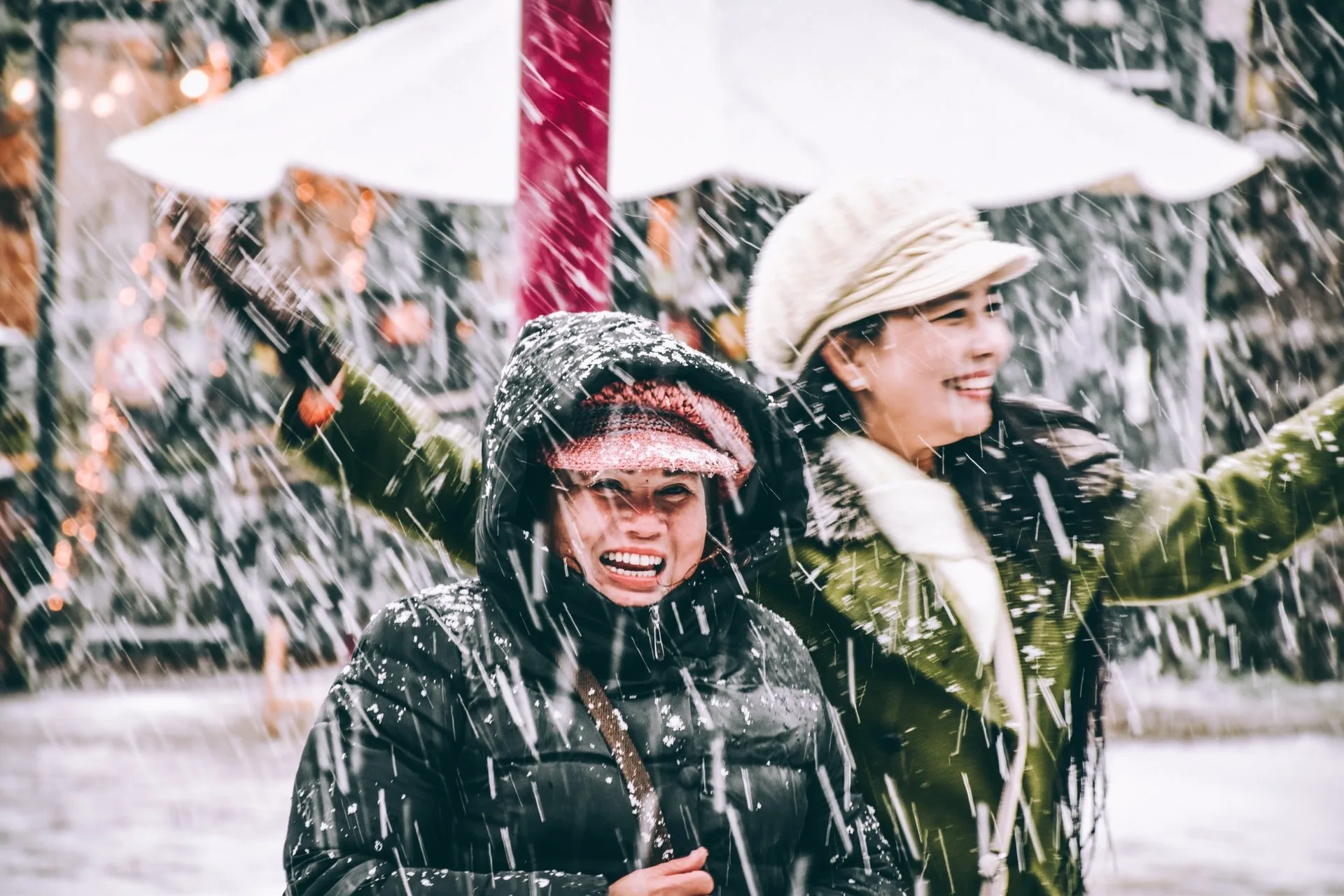
Photo by PNG Design on Unsplash
Somehow, we walk around in a constant state of busyness and deadlines, as if we should be awarded a badge. But, however good the tough and gritty act might be, we are really soft and sensitive creatures.
The Okinawans realized centuries ago that caring for people’s comfort and health is essential for enhancing productivity and longevity. That means that when you offer your support and guidance, you will feel both more relaxed and accomplished.
Okinawans believe that wellness is for all, and they’re not standing still. Every innovation they introduce is based on their cultural traditions of trust, quality in all matters, and a deep reverence for nature.
We don’t doubt they could beat our levels of productivity – because they’re not trying to rush everything in a stressed-out panic, to do as much as possible in a short space of time, with no meaning. We’re impatient and, as a result, we struggle to understand that every journey or change takes time. Instead of giving each path enough time to excel, we’re already trying the next best route.
Heal through nature
During the 1980s, Japan experienced a culture of extreme stress and overwork. It decided to look at the centenarians, who frequently practice forest bathing, or shinrin-yoku. This involves slowing down, focusing on your senses, and spending time in a forest area or natural environment.
According to the Global Wellness Summit Trends Report 2020, this preventive therapy has been so successful that there are 62 certified forests across the country, with more being planned.
Studies support that connecting all five senses to nature can reduce blood pressure, lower stress, improve cardiovascular and metabolic health, lower blood sugar levels, and improve concentration, memory, and energy. One study showed a 53% increase in the body’s natural killer cell count after just two days in these forests.
How to ikigai?
Embrace your purpose, define, and be able to articulate the reason why you get up in the morning. The purpose-driven lives of older Okinawans give them clear roles of responsibility and feelings of being needed, well into their 100s.
Slow things down, meditate, drink tea, and try to be careful and meticulous.
Just take a moment to stop and appreciate what you’re doing, before running off to the next thing on your list. Research says this can increase your chances of enjoying every moment and cultivate a sense of gratitude around even the smallest of tasks. You may even notice your beautiful surroundings when you do so. Take a moment to notice something your spouse or friend has done for you, say thank you, and feel a greater sense of inner peace.
Waking up is easier when you have friends and people to count on. Cultivating a community is important for ikigai, because fighting with others only adds stress. This can make you feel alone when you go through challenging times.
Day by day, the Okinawan way
The Blue Zones project outlines the following key principles of living to 100:
1. Eat a plant-based diet
Okinawans eat a predominantly plant-based diet, which consists mainly of stir-fried vegetables, sweet potatoes, and tofu. They are high in nutrients and low in calories. They are particularly interested in goya because it contains antioxidants and compounds that lower blood sugar.
While centenarian Okinawans do eat some pork, it’s traditionally reserved for infrequent ceremonial occasions, and consumed in small amounts.
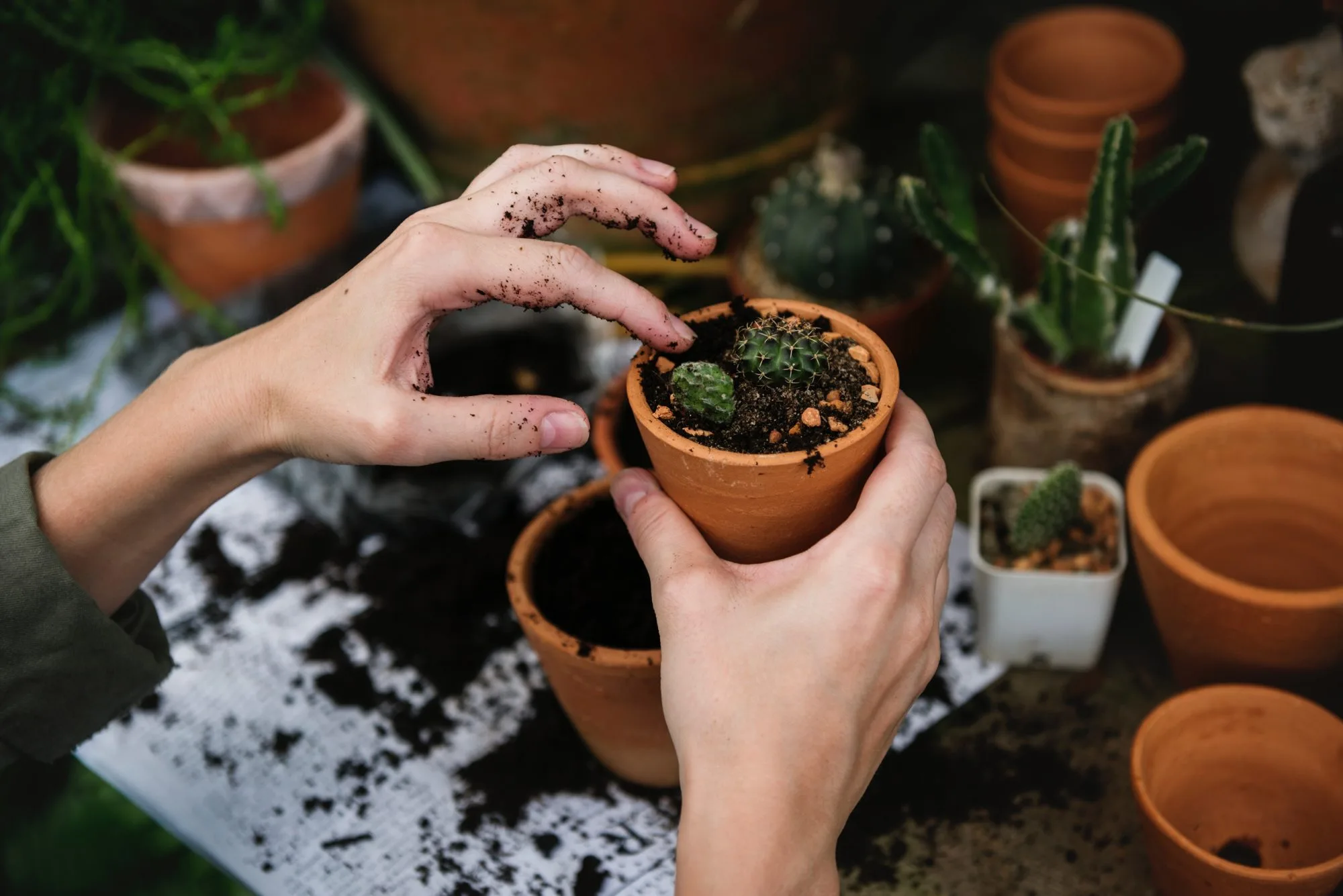
2. Start gardening
Buettner explains that almost all Okinawan centenarians garden. It’s a source of daily physical activity for the body, with a wide range of motion, and helps to reduce stress. Also, if you get good at it, gardening could be a near-constant source of fresh vegetables.
3. Eat more soy
Contrary to what some may think, the Okinawan diet is rich in foods made with soy, such as tofu and miso soup. However, the soy used is raw and unprocessed.
Flavonoids in tofu may help to protect your heart and guard against breast cancer. Plus, fermented soy foods contribute to a healthy intestinal ecology and offer even better nutritional benefits.
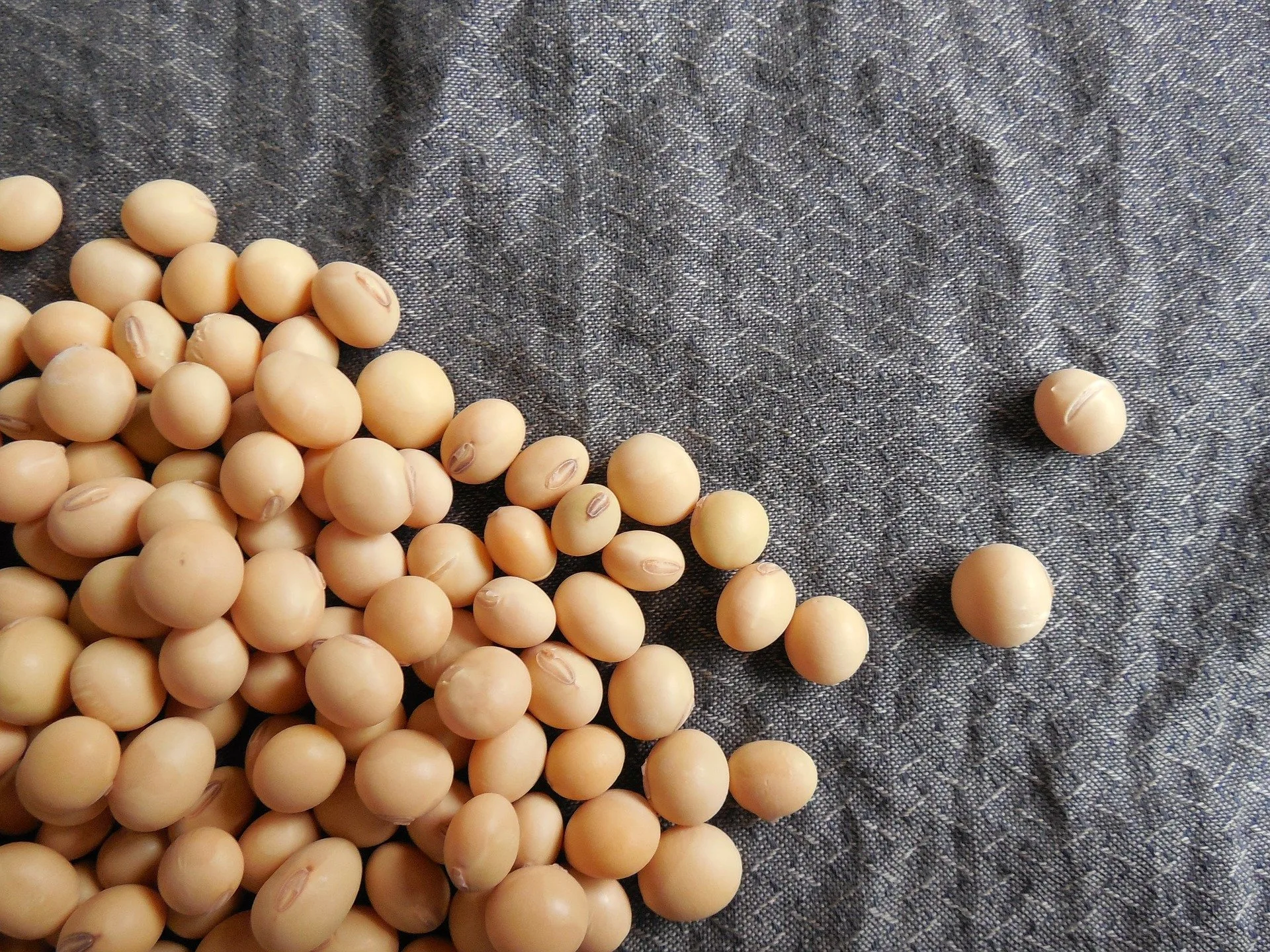
4. Get some sunshine
Not only is nature important, but so is getting a daily dose of sunlight. Regular exposure to the rays of the sun promotes the production of vitamin D in the body.
This nutrient helps to build strong bones and healthier bodies. Vitamin D is also an amazing serotonin booster, getting the happy hormones flowing. Spending time outside each day allows even senior Okinawans to have optimum vitamin D levels all year round.
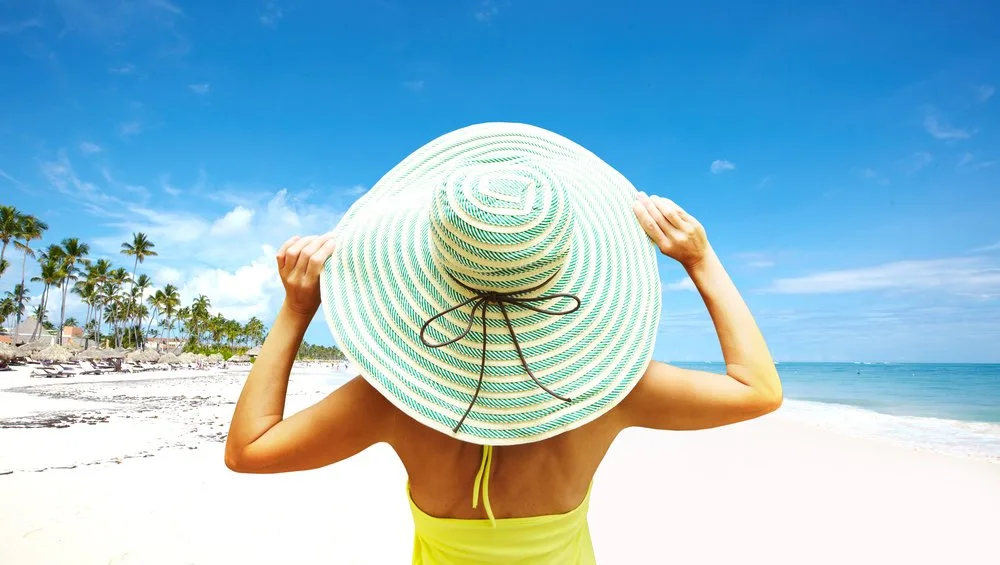
5. Stay active
Okinawan centenarians don’t follow an exercise program, but keeping active daily is part of their lifestyle. They walk and garden a lot, and their households have very little furniture.
Instead of sitting at a table, they eat their meal while relaxing on tatami mats on the floor. It requires energy to get up and down off the floor. This motion builds lower body strength and balance, which helps to protect against dangerous falls.
6. Grow a medical garden
Mugwort, ginger, and turmeric are all staples of an Okinawan garden and have proven medicinal qualities. The Okinawans consume these every day.
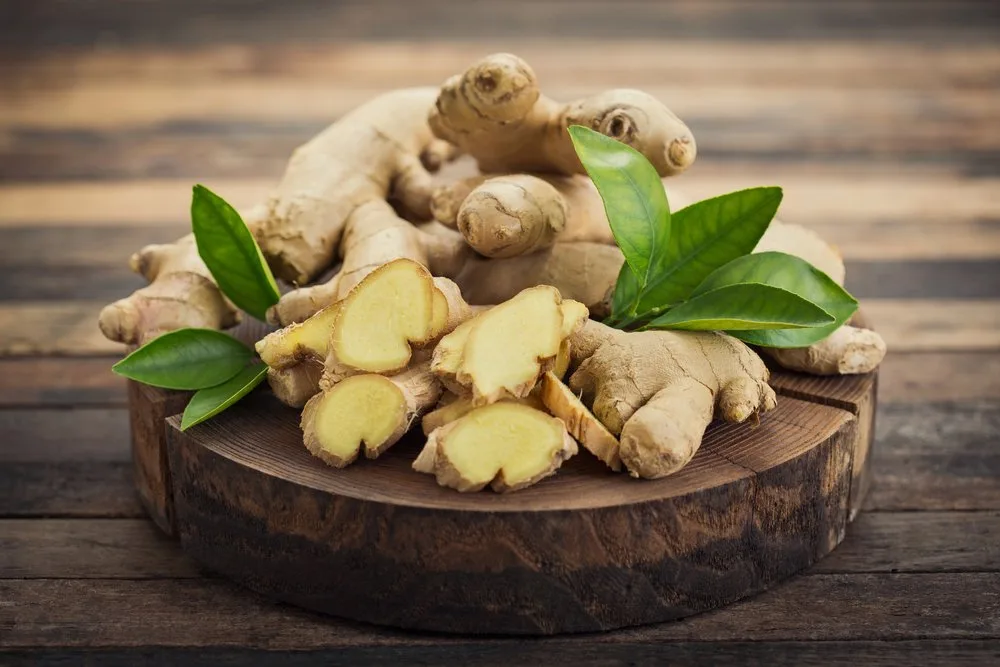
7. Have an attitude
Buettner says Okinawans have a smug, hardship-tempered attitude. They’re able to let difficult early years remain in the past, while they enjoy today’s simple pleasures. More importantly, they’ve learned to be likable and to keep younger people in their company well into their old age.
The bottom line
The journey to 100 isn’t an easy one, but it is possible. Okinawans are living proof, but to make it our reality, it means shifting our mindset.
As tough as things may seem, never give up or forget that you have a purpose in life. If you can find it, you could live a happy, long, and meaningful life.


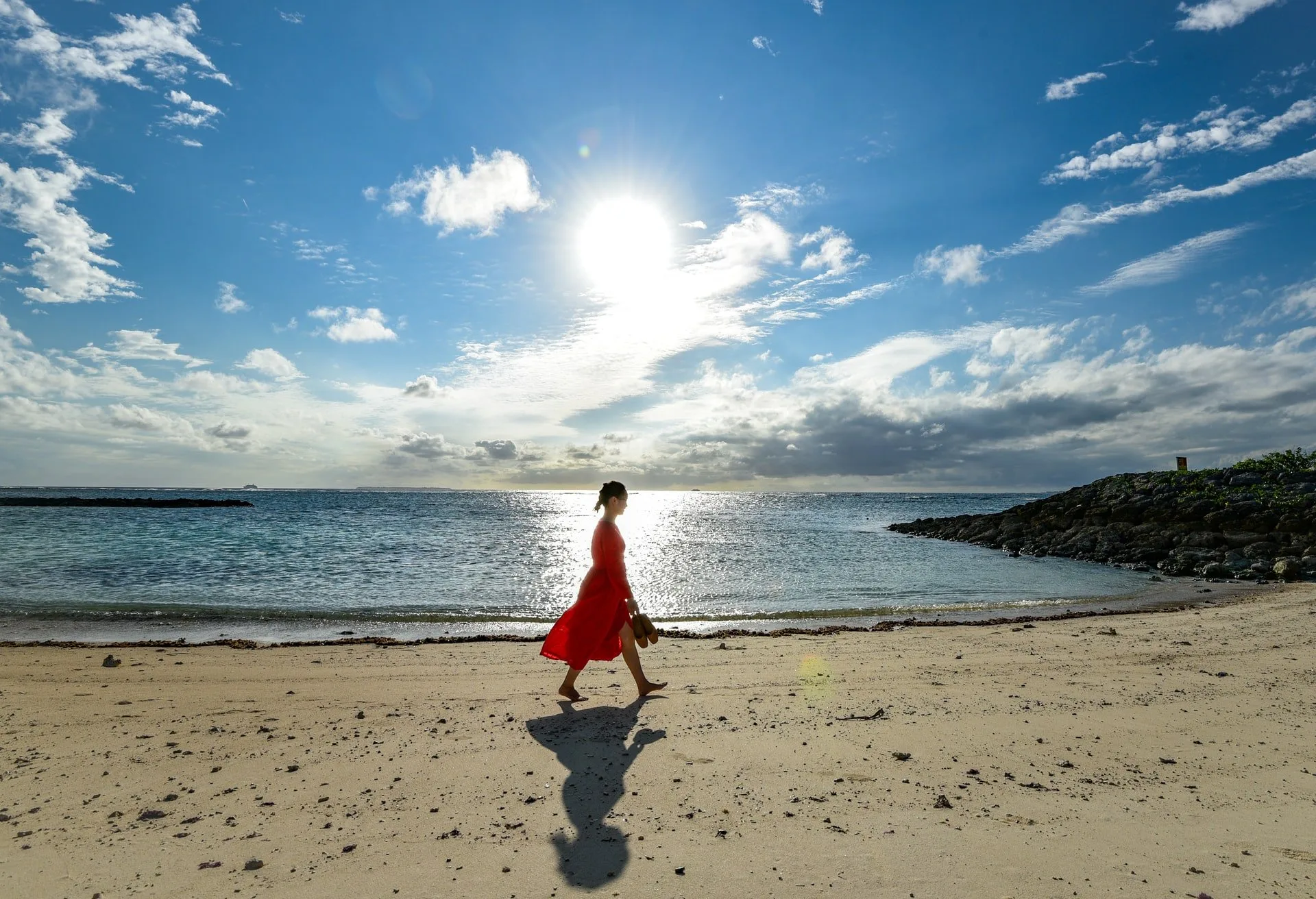
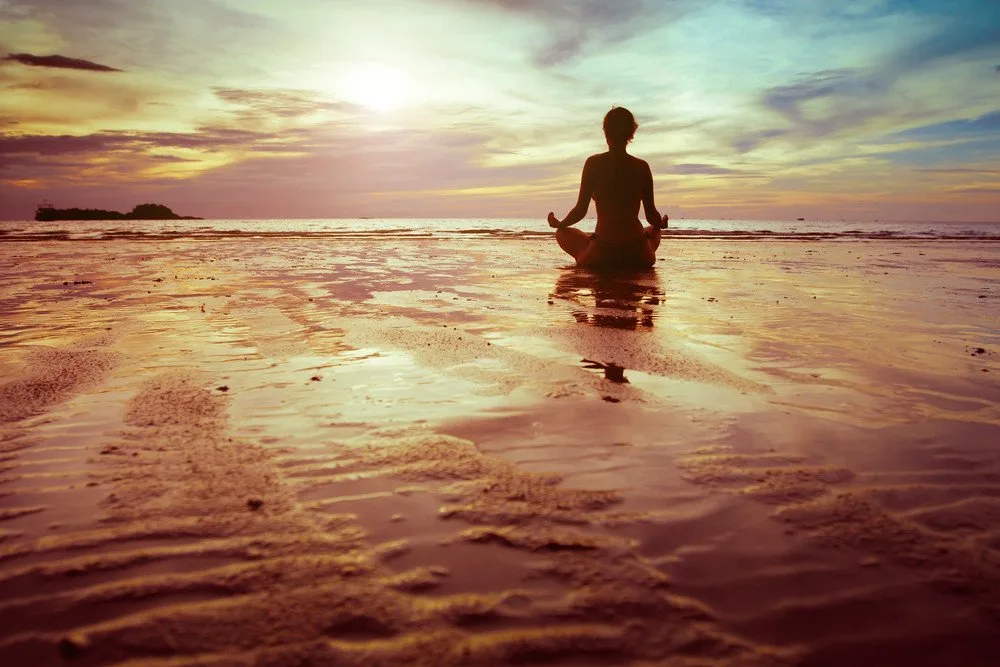
![women [longevity live]](https://longevitylive.com/wp-content/uploads/2020/01/photo-of-women-walking-down-the-street-1116984-100x100.jpg)










